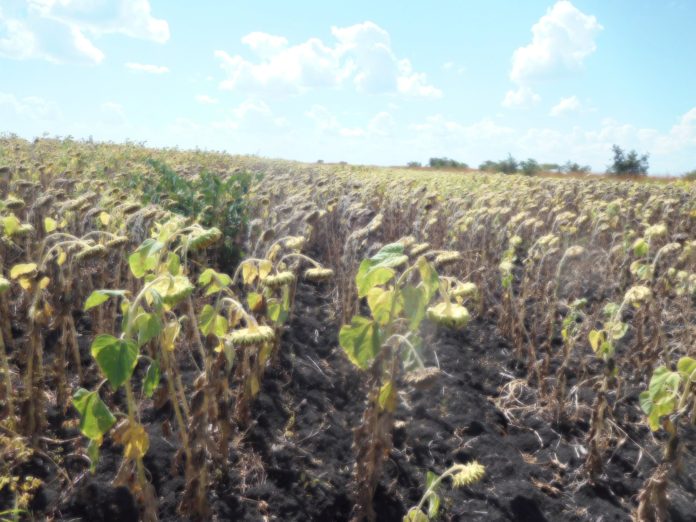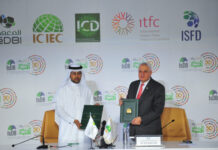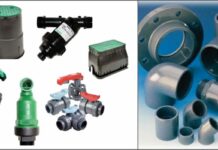Judging from recent reports and data, there is tremendous potential for increased sunflower production in South Africa. According to the Bureau for Food and Agricultural Policy (BFAP), local sunflower production has shown virtually no real growth over the past two decades, despite domestic demand for oilcake and vegetable oil increasing by approximately 40%. Instead, rising domestic demand is being met by imports of seed, oil and cake.
In the 2019/2020 season, South Africa produced 788 500 tons of sunflower seeds – less than half the crushing capacity available in the country. “In theory, the country should be entirely self-sufficient as far sunflower seed, oil and oilcake is concerned,” says Andries Wessels, product development manager at Syngenta. “But it is not.”
The reasons for this are complex and varied, but at least two of them are the treatment of sunflower as a catch crop, instead of a cash crop, and the perceived conflict between yield and oil content (or quality). Common wisdom holds that when producers target increased oil content, they sacrifice yield, and vice versa. In response to this challenge, and given the lack of incentive to prioritise oil content, local producers have been opting for overall yield.
Over the past decade, sunflower yields have increased by an average of 1% per year (compared to 2.5% for maize), while oil content has decreased by 0.6% per year on average. Furthermore, cultivar trial data from international seed breeders shows that the same cultivar planted in South Africa yields a lower oil content than when planted under optimal conditions in Argentina.
Research undertaken by BFAP could not confirm the negative relationship between overall yield and oil content. The conclusion has to be that both higher yields (in the case of producers) and higher oil content (in the case of processors) are critical to boost the overall competitiveness of the local industry.
Is this possible? The answer is yes, but it will take a multi-pronged approach. The good news is that a pilot study done in 2020 by Syngenta, Sensako (as seed distributor) and CEOCO (sunflower oilseed crusher) has proven that South Africa can realise its sunflower potential.
Through Sensako, Syngenta distributed SY 3970 CL, its high oil-content sunflower hybrid, to producers in the Wesselsbron and Bultfontein areas who volunteered to participate in the study. The producers were offered a sunflower-seed contract (through JVD trading) that paid them a SAFEX price premium of 1.5% for every 1% of oil content exceeding 38% on delivery. There were no penalties for a lower oil content.
The sunflower seed delivered to CEOCO had an oil content of between 46% and 48%. Based on an average sunflower price of R5 887/ton, producers received price premiums of 12% (R706) to 15% (R883) per ton. On top of the improved price, producers who took part in the pilot reported average yields of 2t/ha – significantly higher than the current country average of 1.2t/ha.
“We were very pleased with the results,” says Wessels. “The participating producers followed our production guidelines, and proved that planting sunflower early enough and in good soil do pay dividends. Our study also showed that the industry is ready to reward farmers for oil yield and not just grain yield.”
Oil incentives for producers
Incentivising producers for adopting high oil-content seed that maximises oil yield per hectare, rather than just yields per hectare, is a sunflower contracting norm in international markets. This reality supports Syngenta’s conviction that oil is the future of sunflower production. “In the past, it was all about yield, but the new focus is on cultivars with a high oil content. We are planning to shift the market with new-generation hybrids like SY 3970 CL that can increase the profitability of producers and crushers alike,” says Wessels.
The current oil-content standard is between 36% and 38%, but with SY 3970 CL producers can realise between 42% and 50%, and even higher under optimal conditions.
In addition to oil content, SY 3970 CL has excellent yield potential, and the incorporation of Clearfield technology makes the post-emergence control of grasses and broadleaf weeds possible.
“Hybrids such as SY 3970 CL give producers the best possible head start,” says Wessels. “When they add optimal farming practices, particularly early plant dates, to the mix, they are set for yields that provide the industry with both the quantity and quality it needs to be profitable.”









